

Jaundice is a common condition that occurs when the liver is unable to process bilirubin, a yellow-colored pigment from the breakdown of red blood cells, effectively. As a result, it builds up in the bloodstream and causes yellowing of the skin and whites of the eyes. While jaundice is usually a sign of an underlying health problem, such as liver disease, hepatitis, or alcohol abuse, it can also occur in newborns due to an immature liver function.
If left untreated, jaundice can lead to serious health complications, including brain damage, liver failure, and even death. Therefore, it is imperative that you seek medical attention if you experience any symptoms of jaundice, such as yellowing of the skin, fatigue, abdominal pain, dark urine, or pale-colored stools.
As mentioned, jaundice is caused by a buildup of bilirubin in the blood. While this substance is a normal byproduct of the liver’s breakdown of red blood cells, excess levels can result from a variety of factors. Hepatitis, liver disease, and infections such as malaria and yellow fever are some common causes.
Other factors that increase one’s risk of developing jaundice include certain medications, and inherited conditions such as Gilbert’s syndrome. Understanding the causes of jaundice and identifying potential contributing factors can aid in effective treatment and management of the condition.
Although most cases of jaundice are not serious and can be easily treated, it is important to know the signs and symptoms of this condition. To diagnose jaundice, doctors usually perform a blood test to measure the levels of bilirubin and other compounds in the blood. Depending on the severity of the condition, different treatment options are available, ranging from simple lifestyle changes to hospitalization or medication.
Again, it is important to seek medical attention if you experience any symptoms of jaundice, such as yellowing of the skin and eyes, abdominal pain, fever, or loss of appetite. Early diagnosis and treatment can prevent complications and promote a faster recovery.
There are some complications of jaundice to be aware of. One possible complication is kernicterus, a rare but severe condition caused by bilirubin buildup in the brain, which can lead to permanent brain damage or death.
Another complication is hepatitis, which can occur when jaundice is caused by a viral infection. Other complications include itching, weight loss, and abdominal pain. It is important to seek medical attention if you are experiencing any of these symptoms or if your jaundice symptoms persist for more than two weeks.
While jaundice may go away on its own, it is important to seek medical care if it persists or is accompanied by other symptoms such as fever, abdominal pain, or dark urine. If you are experiencing jaundice, seeking care from a GI is the first step towards a proper diagnosis and effective treatment.
A GI is a specialist who is uniquely qualified to diagnose and treat jaundice. They have extensive knowledge of the digestive system and liver, which are directly involved in the development of jaundice.A GI may suggest further tests such as blood work, an ultrasound, or a liver biopsy to help assess the underlying cause of jaundice.
Treatment for jaundice may vary depending on the underlying cause but could include medication, lifestyle changes or even surgery.
Jaundice is a serious condition that can spread if left untreated. It is important to seek medical attention from a qualified gastroenterologist to ensure proper diagnosis and treatment. By taking the time to understand what jaundice is, the various causes and symptoms, and how it can be managed, you will be better able to spot any potential signs of jaundice before the condition worsens.
While most individuals will not experience any significant issues related to jaundice, those with compromised immune systems or other pre-existing conditions should take extra precautions related to this condition as it can lead to complications.
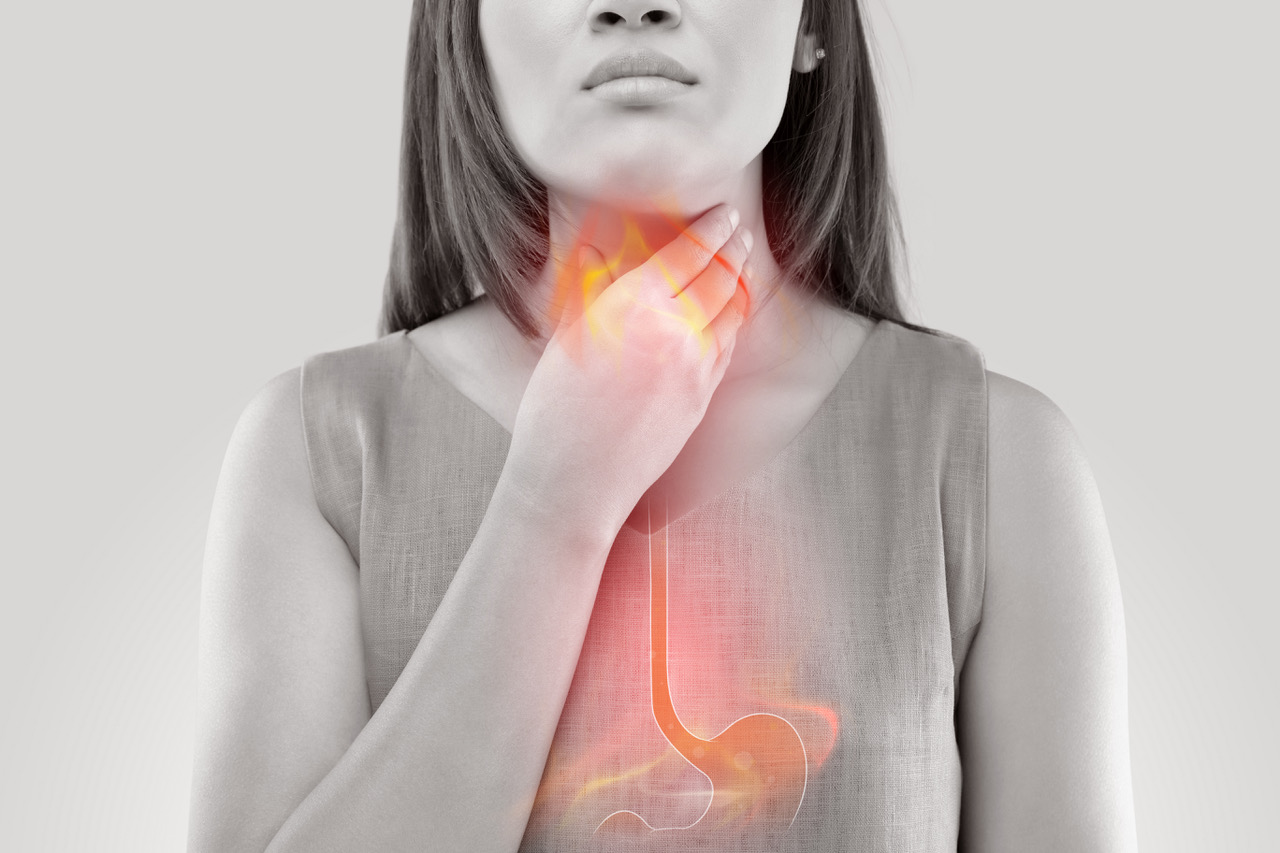

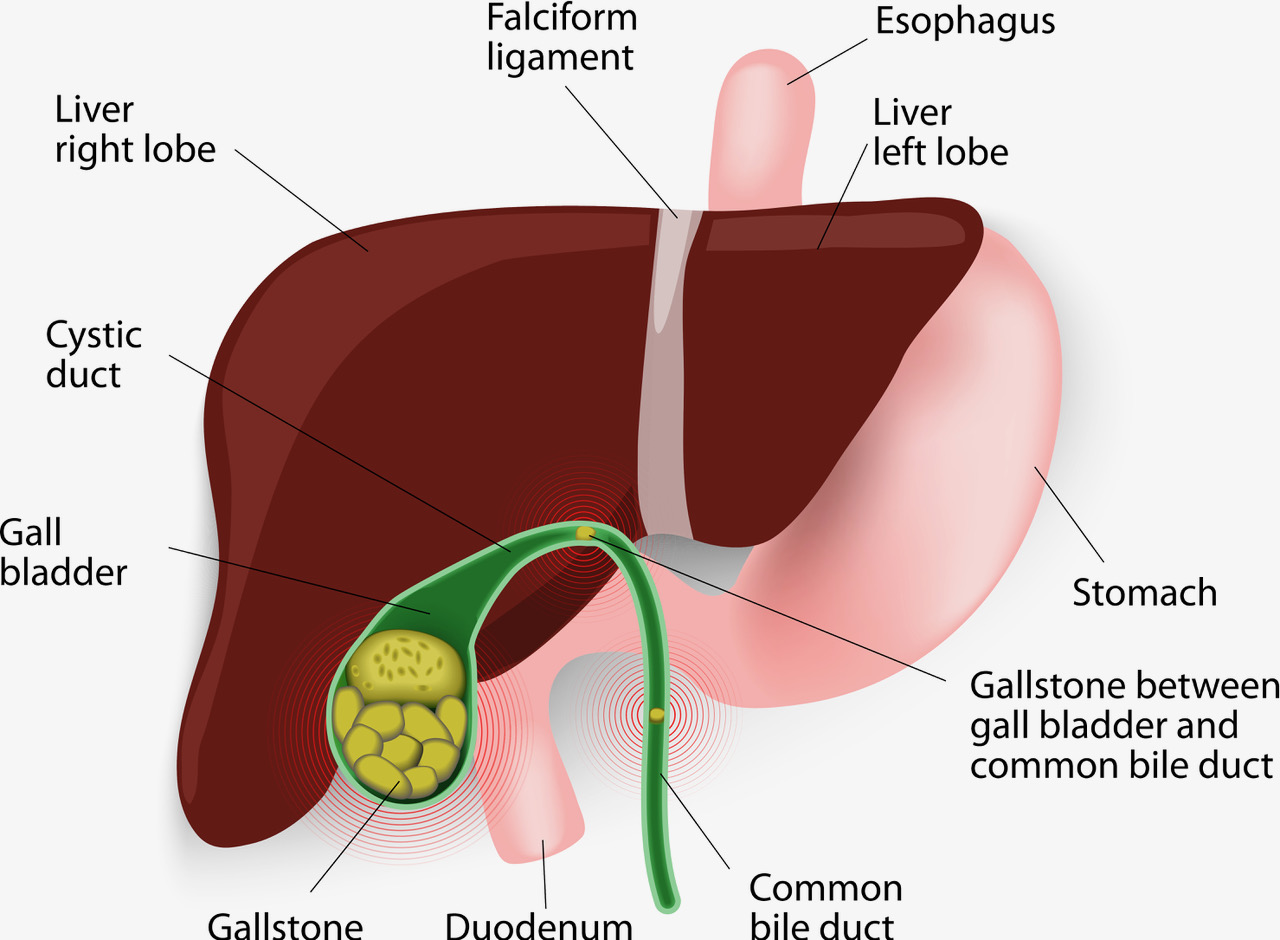
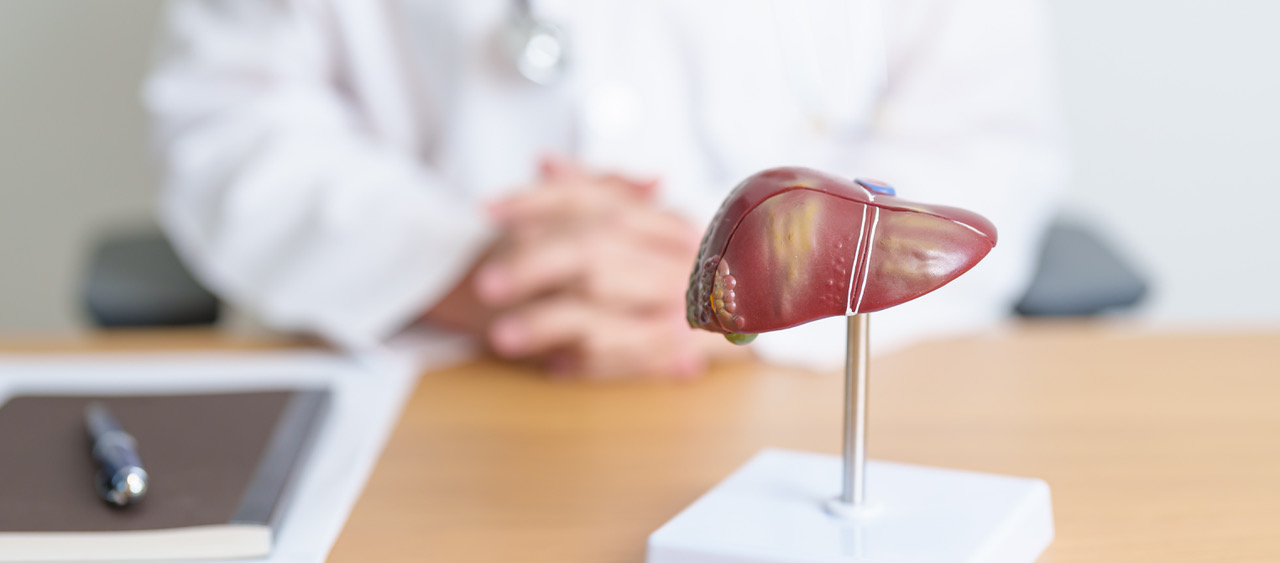
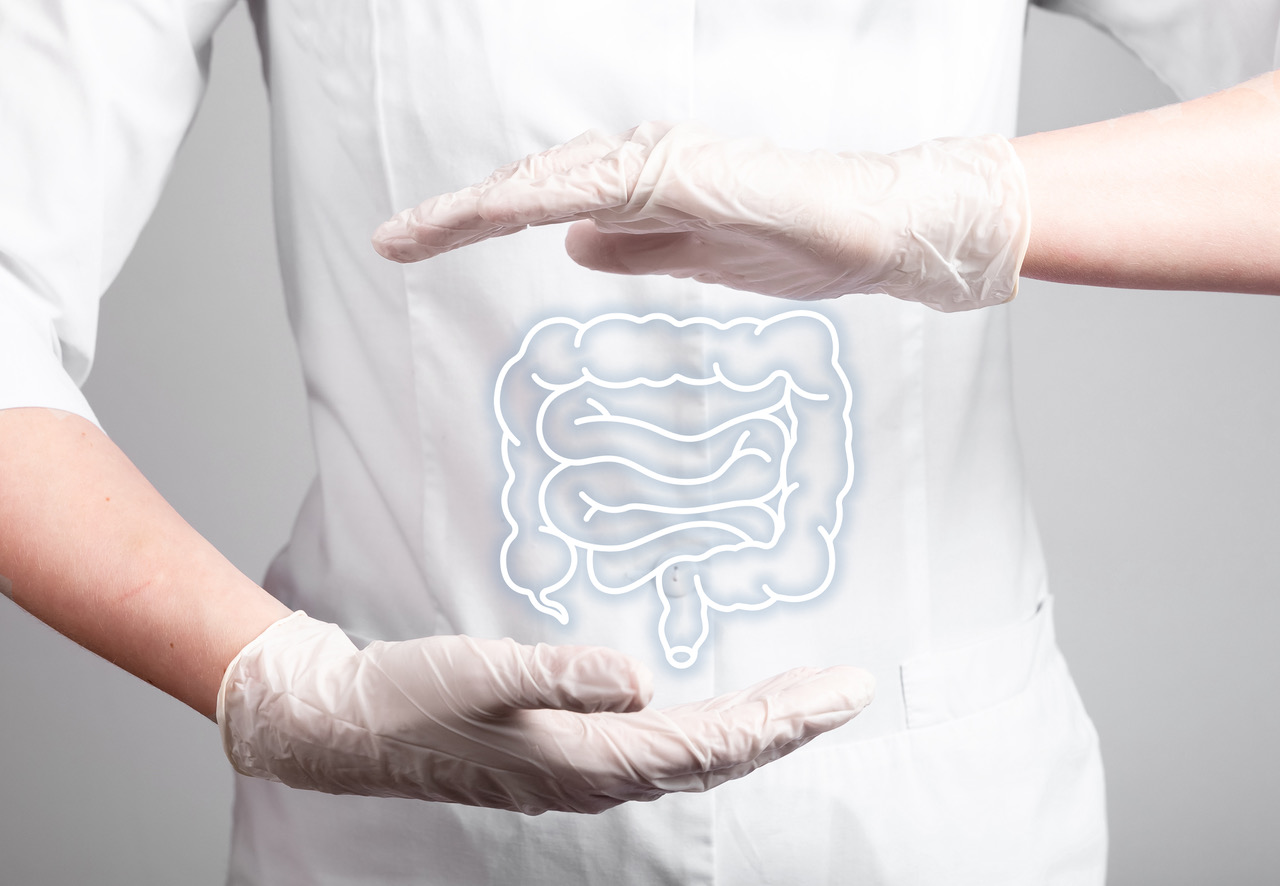


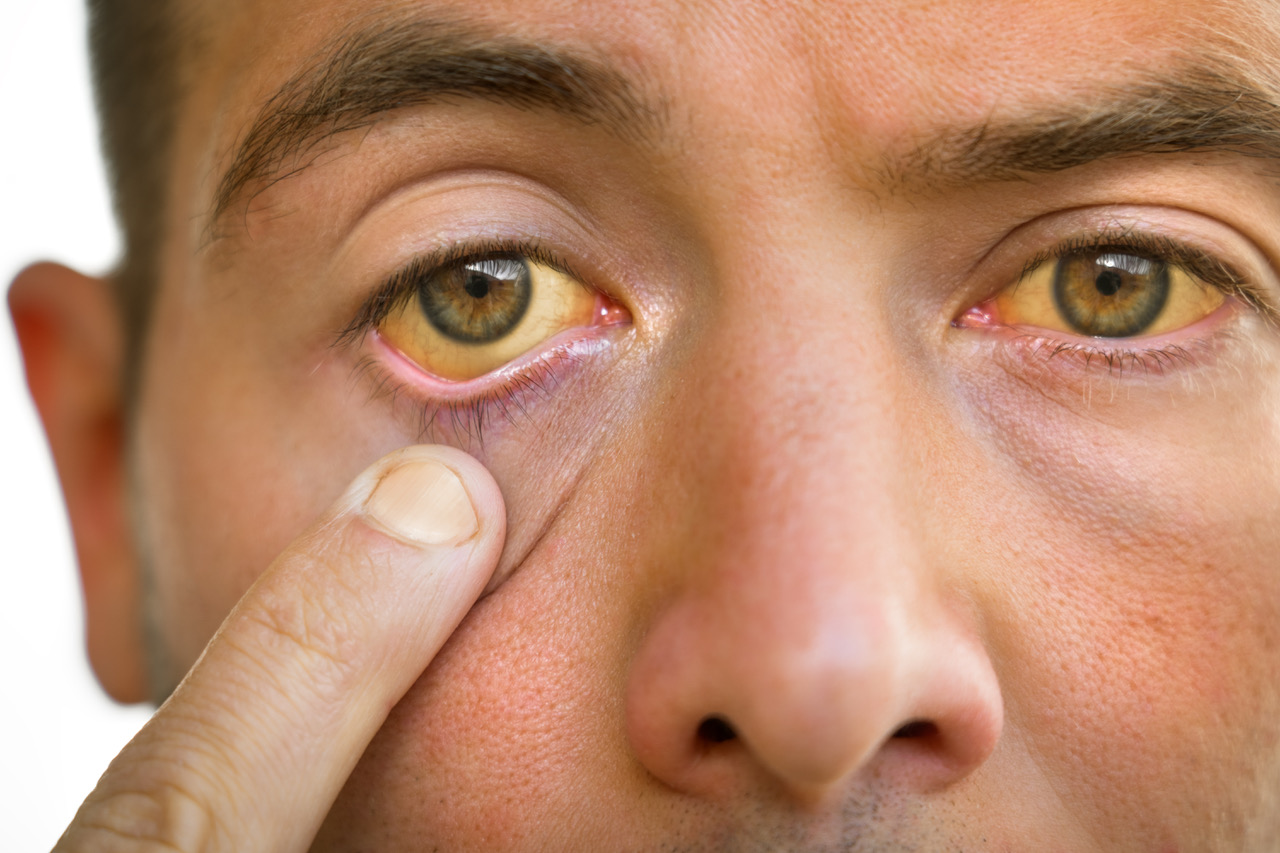


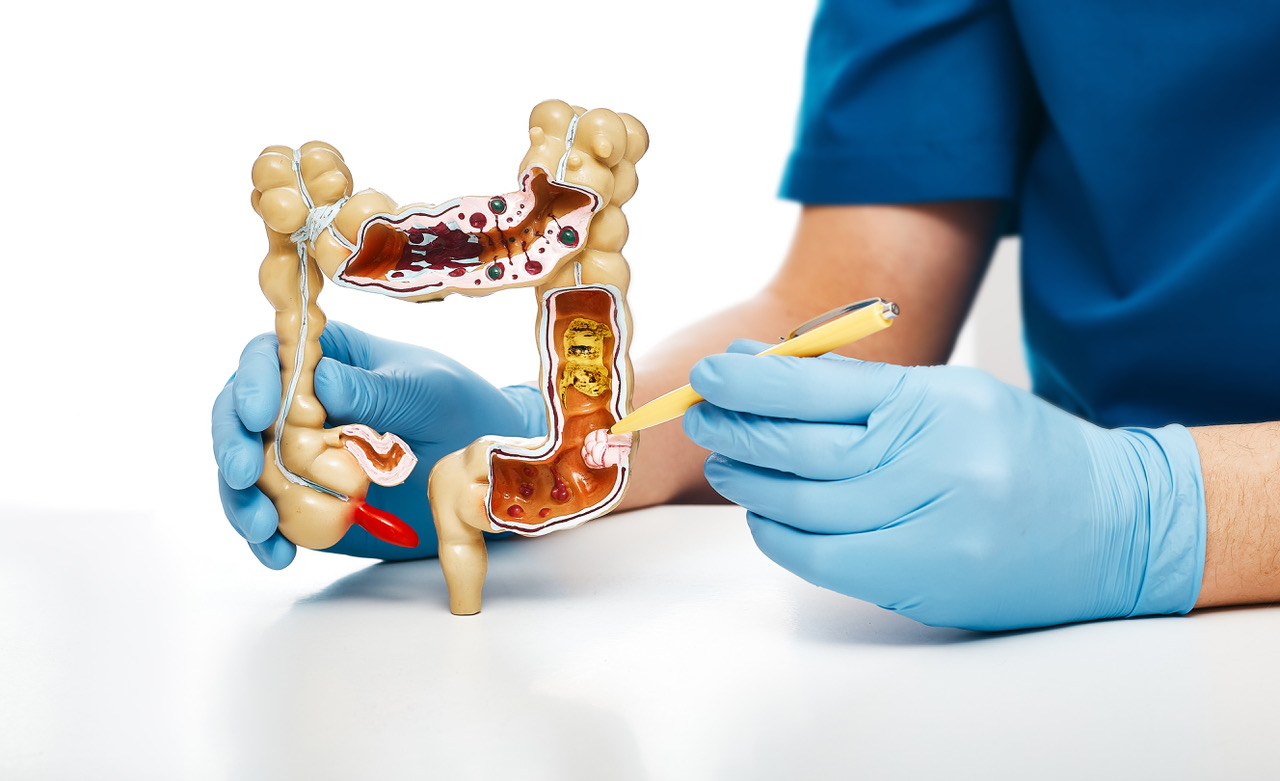


Contact Us
Covina Location
500 W. San Bernardino Rd, Suite B Covina, CA 91722
(626) 960-2326
Glendora Location
415 W. Route 66, Suite 102 Glendora, CA 91740
(626) 610-2112